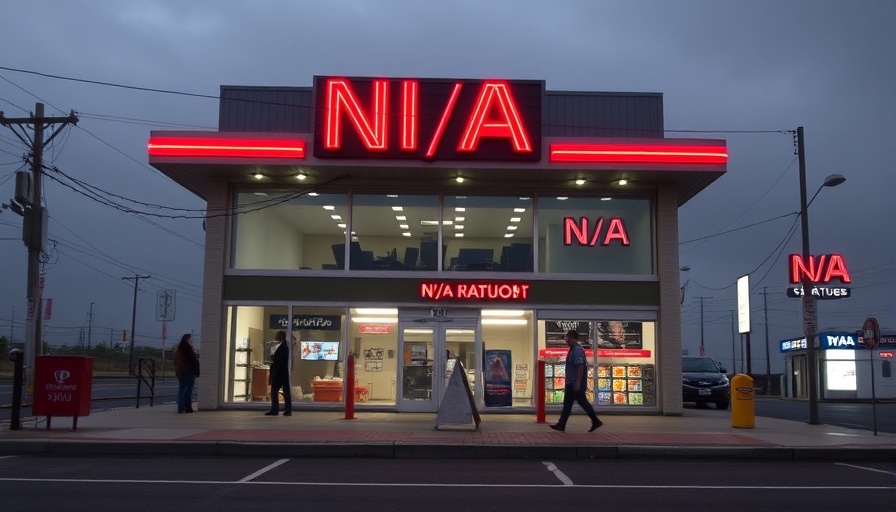
Understanding Commonhold Default Risks: What Every Property Owner Should Know
As a property owner or investor in the UK property market, understanding different ownership structures is crucial for safeguarding your investment. One emerging structure, known as Commonhold, promises to revolutionize flat ownership, yet it carries unique risks—particularly default risk. This article breaks down what default risk is, why it matters, and how it affects property values.
Defining Default Risk: Why It Matters for Homeowners
In simple terms, default risk refers to the possibility that a flat owner may fail to pay their share of the building's costs, which include maintenance, insurance, and reserve funds. In a Commonhold situation, these unpaid costs are not absorbed or managed by an external landlord, rather they are redistributed among the remaining owners. This can create a precarious situation for those who do fulfill their financial obligations, ultimately leading to increased costs for them.
How Does Commonhold Structure Add Complexity?
Commonhold was introduced to create a level playing field for flat owners, eliminating landlords and ground rents. However, this legal shift also invites structural complexities. Financial responsibilities are shared but the means of enforcement are less robust. Unlike traditional leasehold systems, where payments can be enforced by a landlord, Commonhold places this burden on a board of fellow owners. This can lead to slower enforcement of payments and blurred accountability, as all owners share the risk of default.
The Shadow of Market Confidence: The Impact of Fear
When you purchase a flat, you expect it to be a reliable asset. However, if potential buyers perceive a building as poorly managed or underfunded, market confidence may plummet, resulting in falls in property value. The short leasehold market provides an example of this—properties with limited lease terms often sell at significant discounts due to lending restrictions and cash buyer competition. The same could happen with Commonhold if fears begin to take hold.
Managing Agents: The New Key Players in Risk Management
Given that enforcement will heavily rely on managing agents under the Commonhold structure, their role cannot be overstated. Agents will need to ensure residents stay up to date with their financial responsibilities. However, if agents are unable to incentivize timely payments due to decreased fees, their effectiveness could diminish. As Warren Buffett aptly said, “Show me the incentive, and I’ll show you the outcome.” If managing agents are not sufficiently motivated, we may see heightened risks throughout the Commonhold system.
Future Perspectives: Is Commonhold Worth It?
As with any market trend, it’s essential for property owners to weigh the pros and cons. On one hand, Commonhold promotes a sense of ownership and community among flat owners while striving for transparency. On the other hand, default risks can potentially outweigh these benefits, particularly if market confidence weakens. If buying into a Commonhold property, ensure thorough research into the communal financial health of the flats in question and the financial structure guiding the management.
As a property owner or investor, understanding these dynamics of Commonhold default risks can equip you with the insights necessary to protect your financial future. Always stay informed and consult with experts when venturing into newer property ownership structures.
For anyone contemplating investing in the UK property market or examining flat ownership structures, take charge and be proactive. Understanding Commonhold and associated risks can not only protect your investment but bolster your confidence in the ever-evolving real estate landscape.
 Add Row
Add Row  Add
Add 





 Add Row
Add Row  Add
Add 








Write A Comment